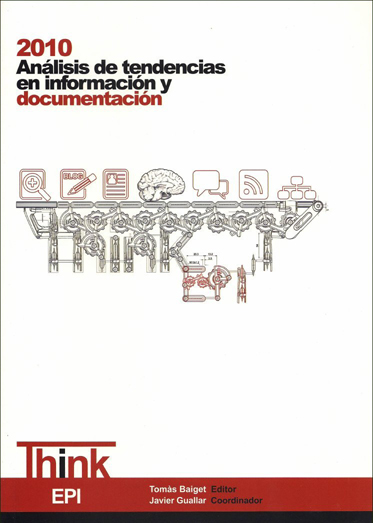Google Scholar: a tool for the evaluation of science?
Keywords:
Google Scholar, Web of Science, Scopus, Indicators, Citations, Scientific publications.Abstract
Google Scholar (GS) is a search engine that specializes in scientific information and in the identification of the citations that academic papers receive, making it a strong competitor for other citations indexes like Scopus and Web of Science. For this reason, several studies have attempted to evaluate its capacity as a bibliometric tool. Due to this interest, we present an introduction to its use. We discuss the following disadvantages: not all documents indexed in GS can be considered academic; it is not a transparent product because it offers no information on the sources covered; with respect to scientific journals, there is uneven coverage of the disciplines; its interface is too basic; there is an absolute lack of standardization in data; GS does not solve the citation problem; and, like Web of Science and Scopus, there are huge gaps in its coverage.
Downloads
Downloads
Published
How to Cite
Dimensions


